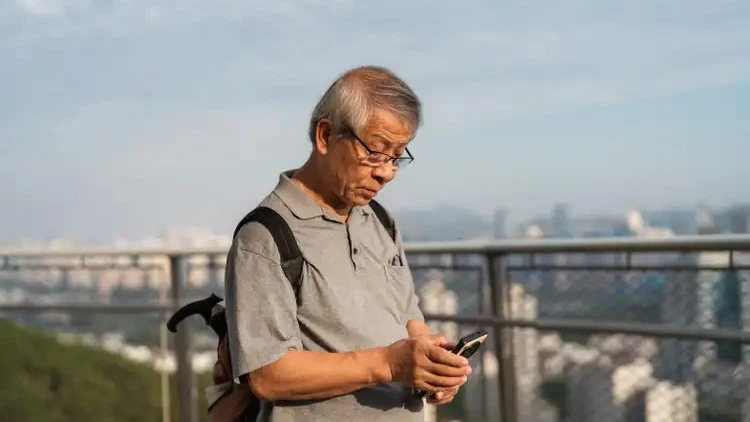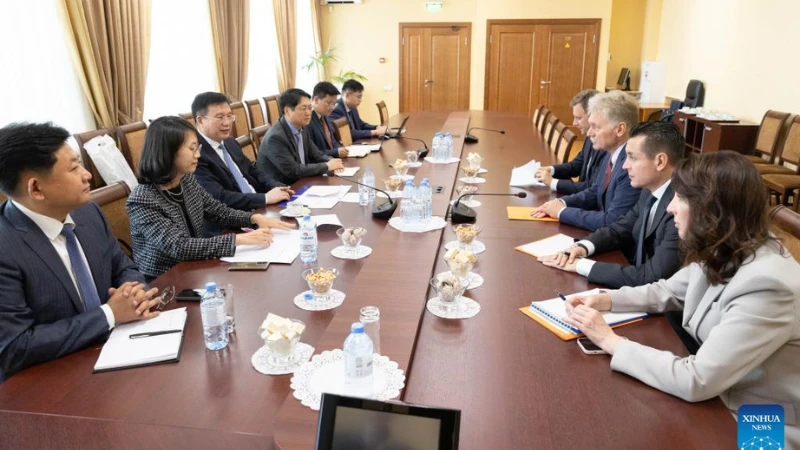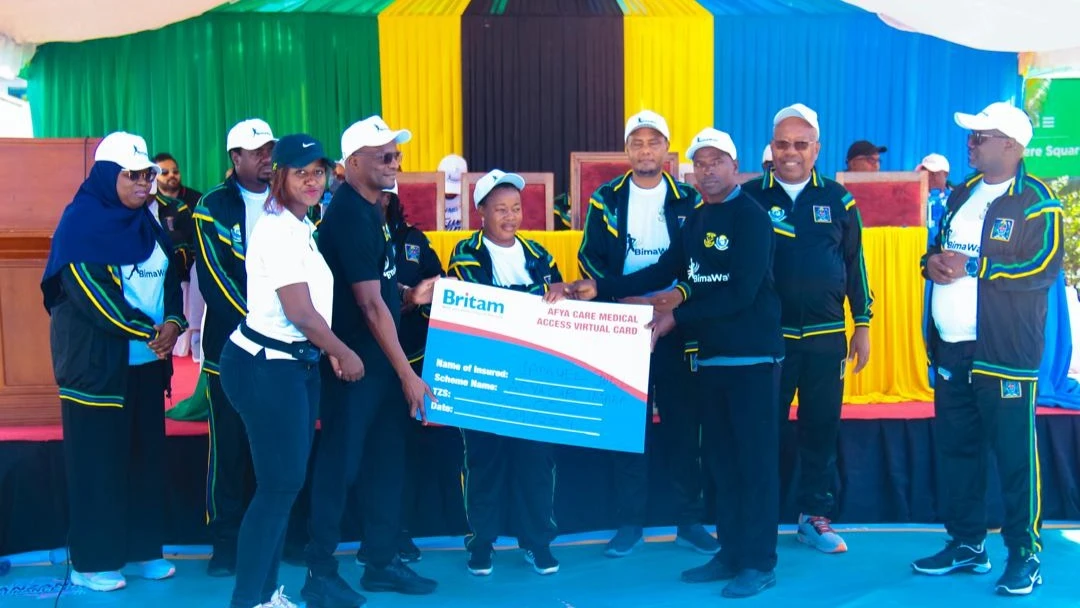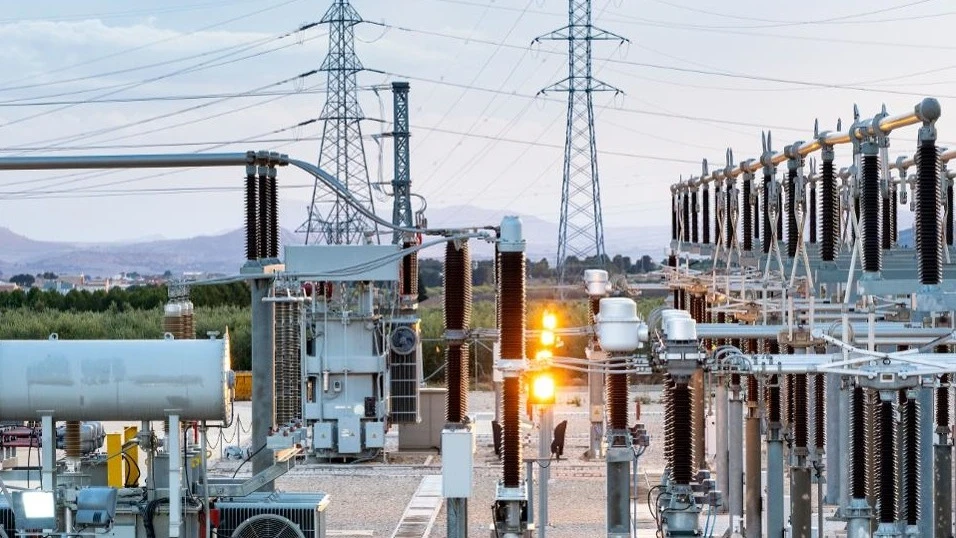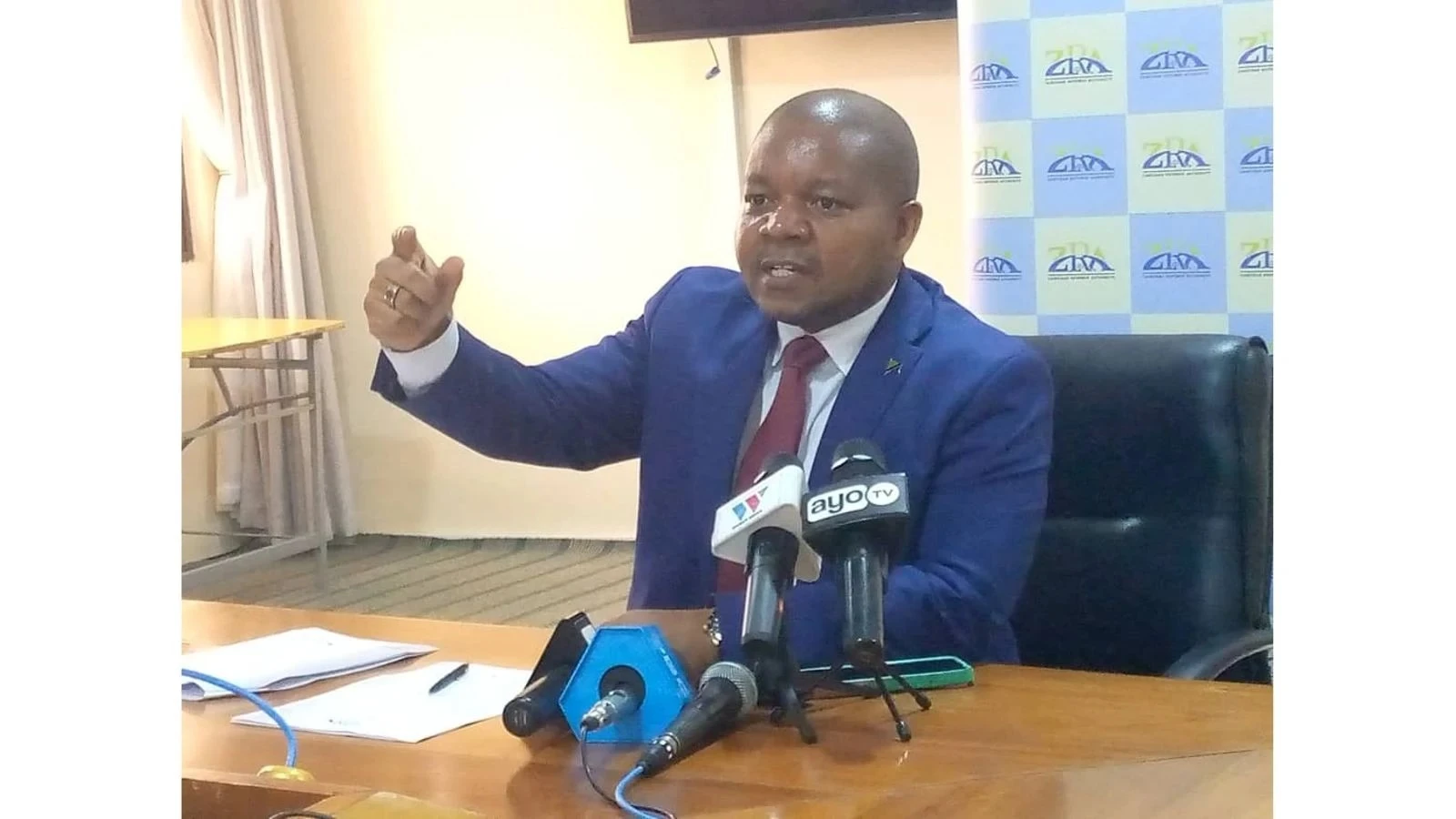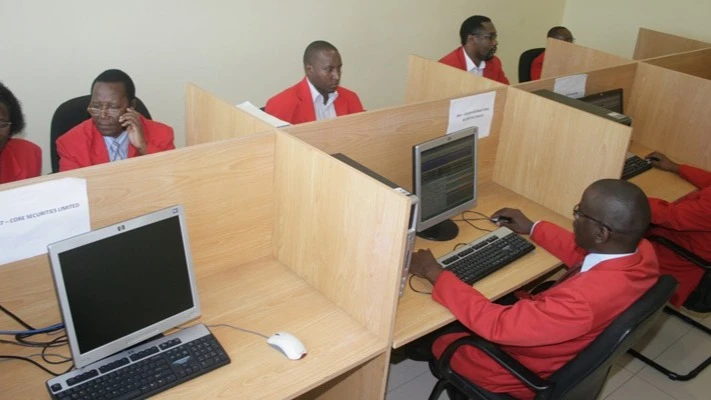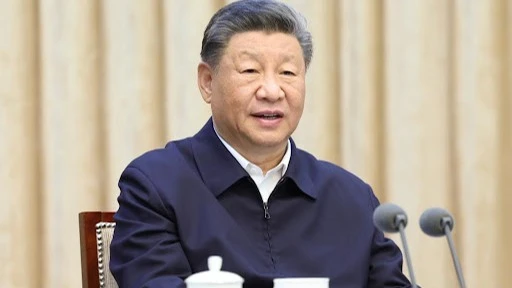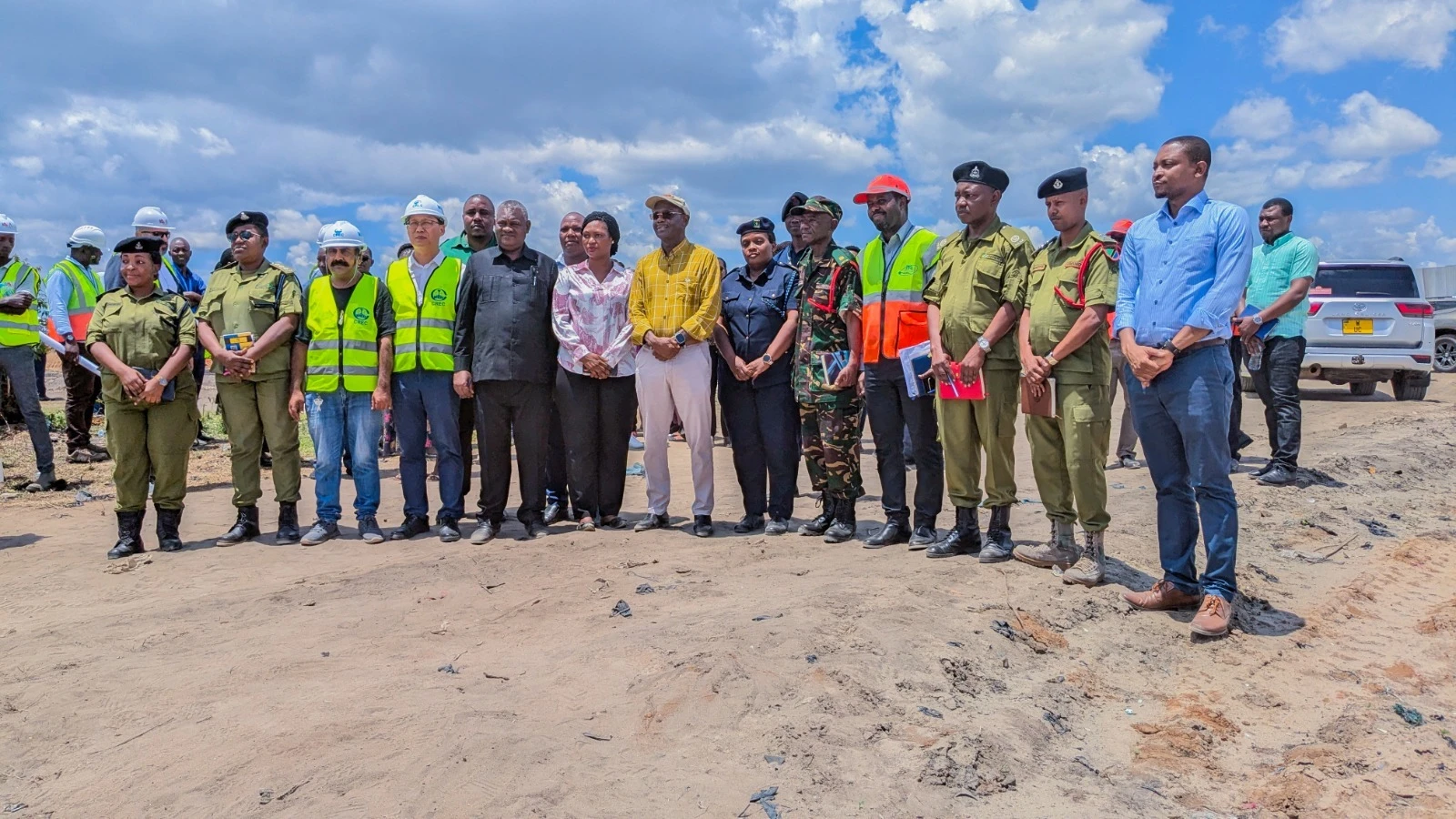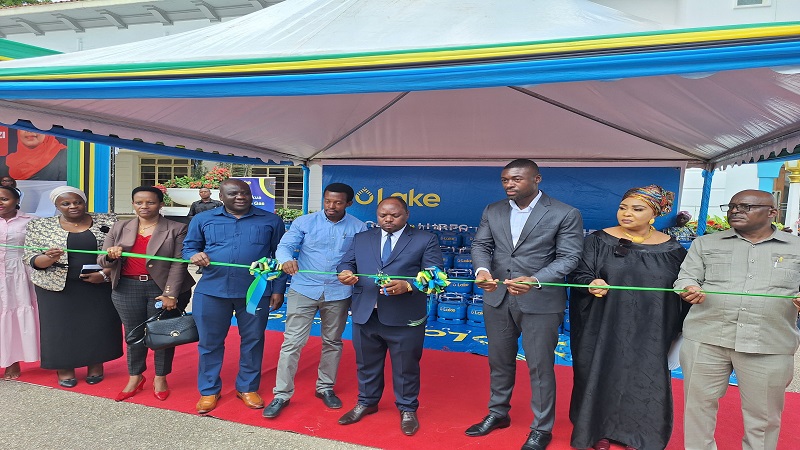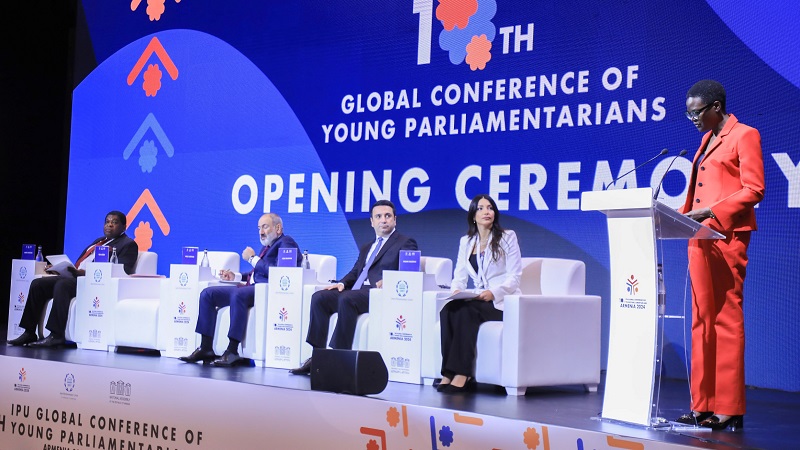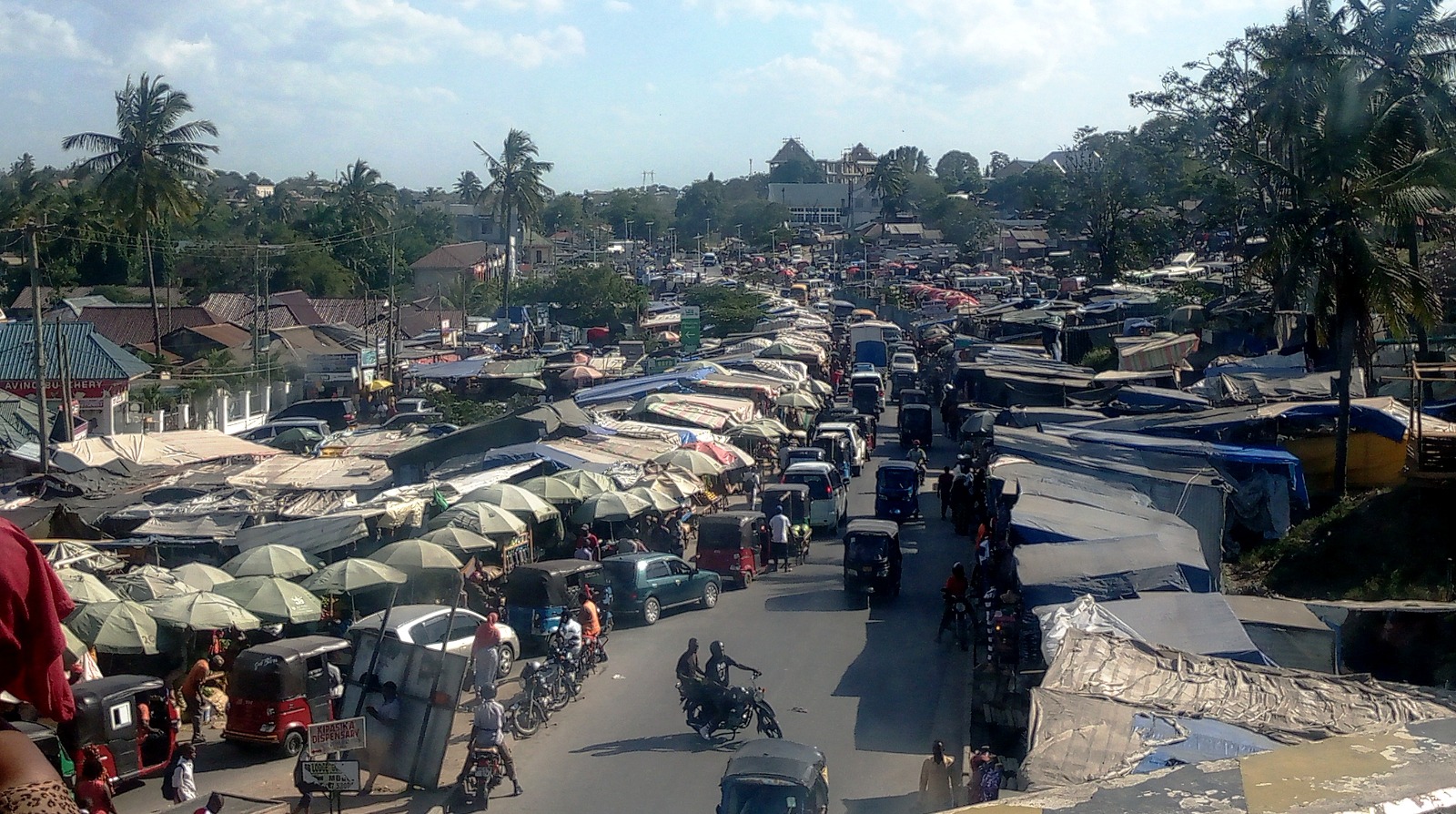‘Clean cooking energy vital to ending gender disparities’
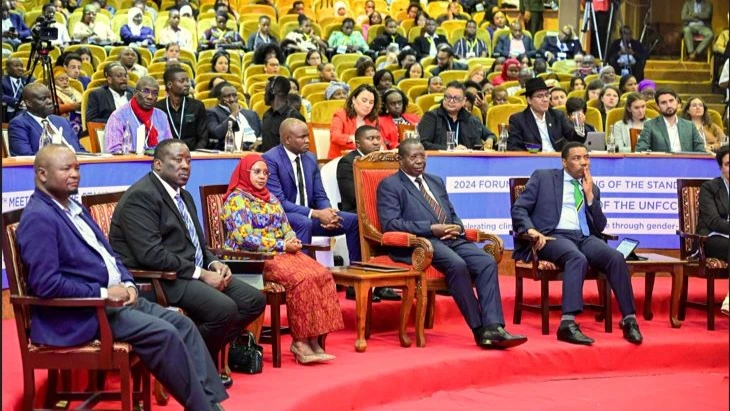
THE government has underscored the importance of equitable changes that address gender disparities, thus taking up clean cooking as a primary focus area.
Vice President Dr Philip Mpango made this affirmation here yesterday when opening the 24th forum and the 35th meeting of the standing committee on finance of the United Nations Framework Convention on Climate Change (UNFCCC).
The VP addressed the severe impacts of climate change on Tanzania, citing heavy rains in December 2023 that caused widespread landslides in Hanang District, Manyara Region, with 89 deaths, 139 injuries, over 1,500 people affected and 95 houses destroyed.
The flooding also damaged infrastructure, necessitating the relocation of affected individuals and approximately $3m in repairs and reconstruction as damage to the national road network covered 520 kilometers, requiring upwards of $355m for repairs and rebuilding.
Elaborating on the challenges of climate change and gender inequality, he profiled Tanzania’s efforts to integrate gender and climate change issues into policies, programmes and strategies, for equal gender access to economic opportunities and leadership roles.
In that case the government has set an ambitious target for 80 percent of the population to use clean cooking energy by 2034 as part of efforts to combat deforestation and environmental degradation.
Indoor air pollution from cooking with firewood and charcoal is a significant contributor to health problems aside from environmental damage, he said, commending the clean cooking energy initiative championed by President Samia Suluhu Hassan.
This initiative is intended to alleviate the burden on women who currently rely on charcoal and firewood for cooking, he said, noting that in collaboration with the development partners, a total of $2.2bn was obtained at the Clean Cooking Energy Forum in Paris, back in May.
“This progress is crucial in addressing environmental, health, social and economic challenges associated with traditional cooking methods,” he stated., while Dr Ashatu Kijaji, the Union and Environment state minister in the Vice President’s Office emphasized that climate change poses massive development risks.
She listed major risks as severe weather conditions, rising temperatures, unpredictable rains, tropical storms and flooding, with acute impact on the economy and community ecology.
Comprehensive climate action is needed to build resilience, reduce greenhouse gas emissions and address extensive damage caused by tropical storms, particularly in Kilosa and Mvomero districts in Morogoro Region and in Zanzibar.
Dr Mwigulu Nchemba, the Finance minister, dwelt on internal and external fiscal shocks related to climate change, stressing the need for resilience measures.
Top Headlines
© 2024 IPPMEDIA.COM. ALL RIGHTS RESERVED








